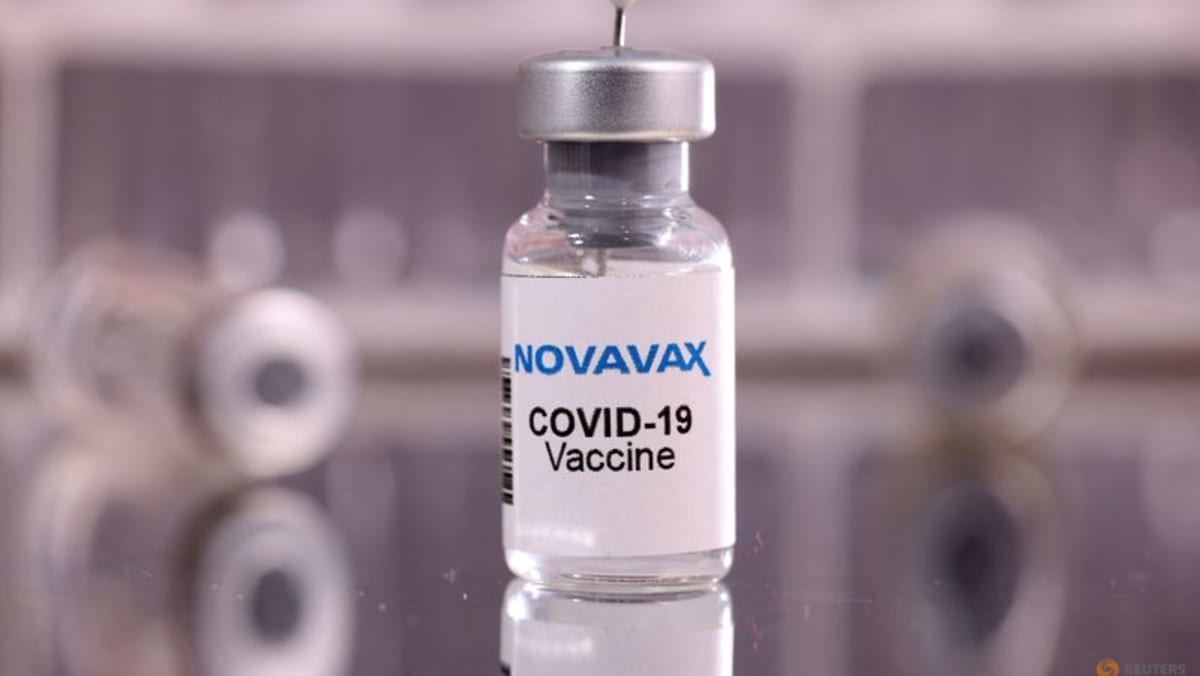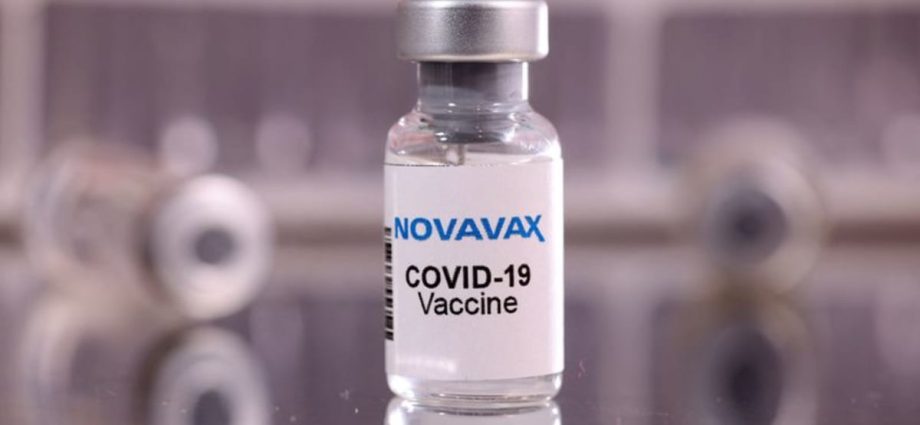
SINGAPORE: The association of COVID-19 vaccination with severe side effects like stroke, cancer and heart attack is a “misperception” that has to be corrected, said Health Minister Ong Ye Kung on Saturday (Nov 25).
Speaking at the official opening of Sembawang Polyclinic at 21 Canberra Link, Mr Ong said the Ministry of Health has been “very transparent” about the side effects and risks of all vaccinations.
He acknowledged that when talking to residents about taking the COVID-19 vaccination at least once a year, the common reaction was to worry about side effects but the side effects were generally “a bit of ache in the arm or slight fever”.
“But today, if residents are worried about severe side effects like stroke, cancer and heart attack and they associate this with vaccination, we have to correct this misperception,” he added.
“In the case of COVID-19 vaccination, the risk of myocarditis, especially amongst younger males, is well established and we have been publishing the results.
“But even before COVID-19 and vaccination, every day, there are 60 Singaporeans who either suffer a heart attack or stroke, and six more Singaporeans require kidney dialysis.”
Mr Ong said these cases “are driven by lifestyles over many years” via the accumulation of too much salt and sugar, lack of exercise and smoking.
“But when you have so many people suffering from stroke, heart attack and dialysis every day, after a while, they start associating and blaming it on vaccination.”
“We cannot link the two,” Mr Ong said, adding that if one is really worried about heart attack, cancer and stroke, they should adopt healthier lifestyles.
In May, Mr Ong responded to questions from Member of Parliament Tan Wu Meng (PAP-Jurong) about myocarditis or heart inflammation after COVID-19 vaccination, then saying there were 160 reports of myocarditis and pericarditis linked to the vaccines as of Apr 27.
This was out of over 17 million COVID-19 vaccine doses administered in Singapore.
Of the 160 cases, he said 32 per cent had initial symptoms reported within one day of vaccination, another 20 per cent reported within two days and another 24 per cent reported within one week.
“The majority of cases of myocarditis from vaccination are generally mild and respond to treatment,” said Mr Ong to the House in May.

